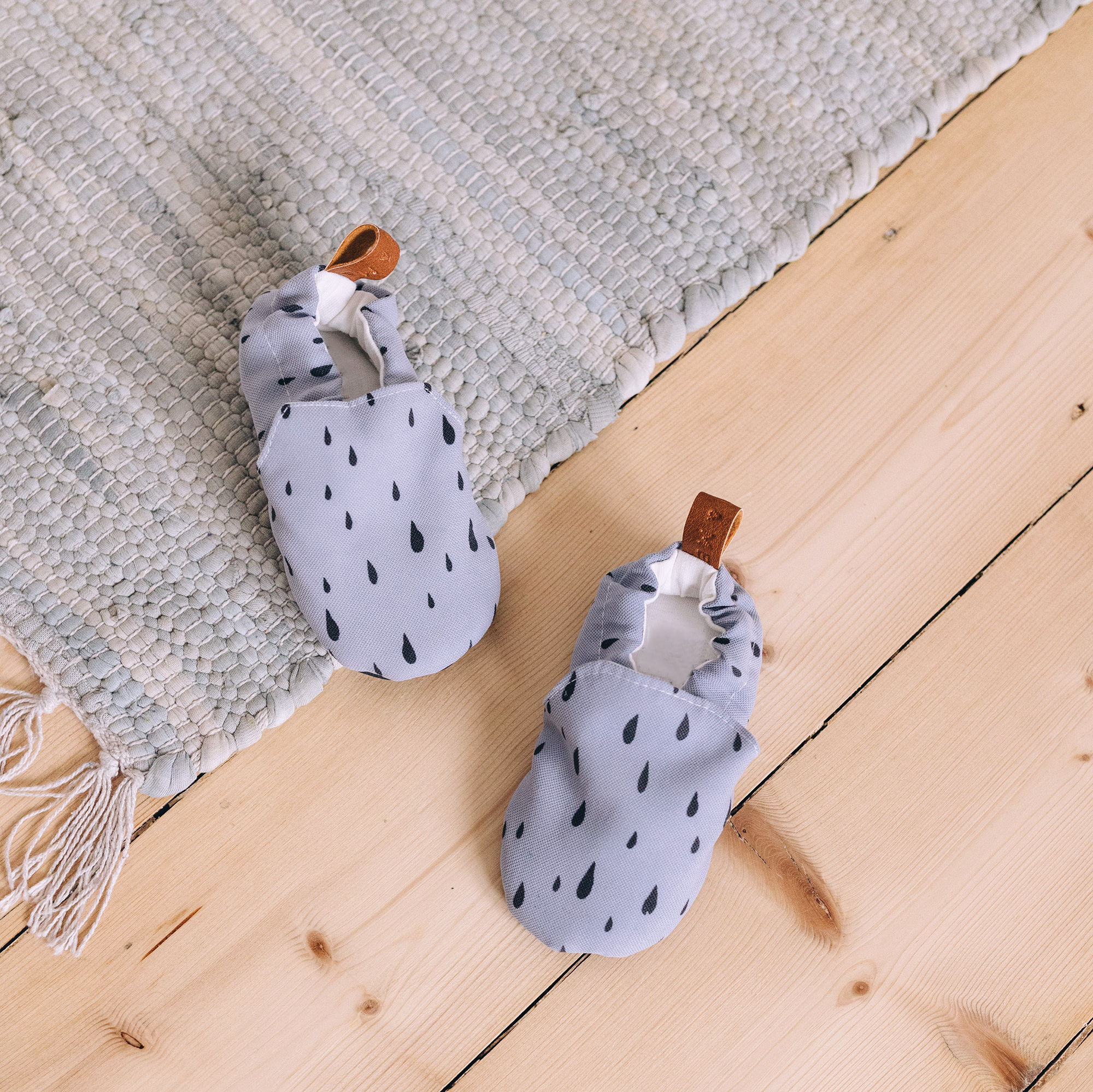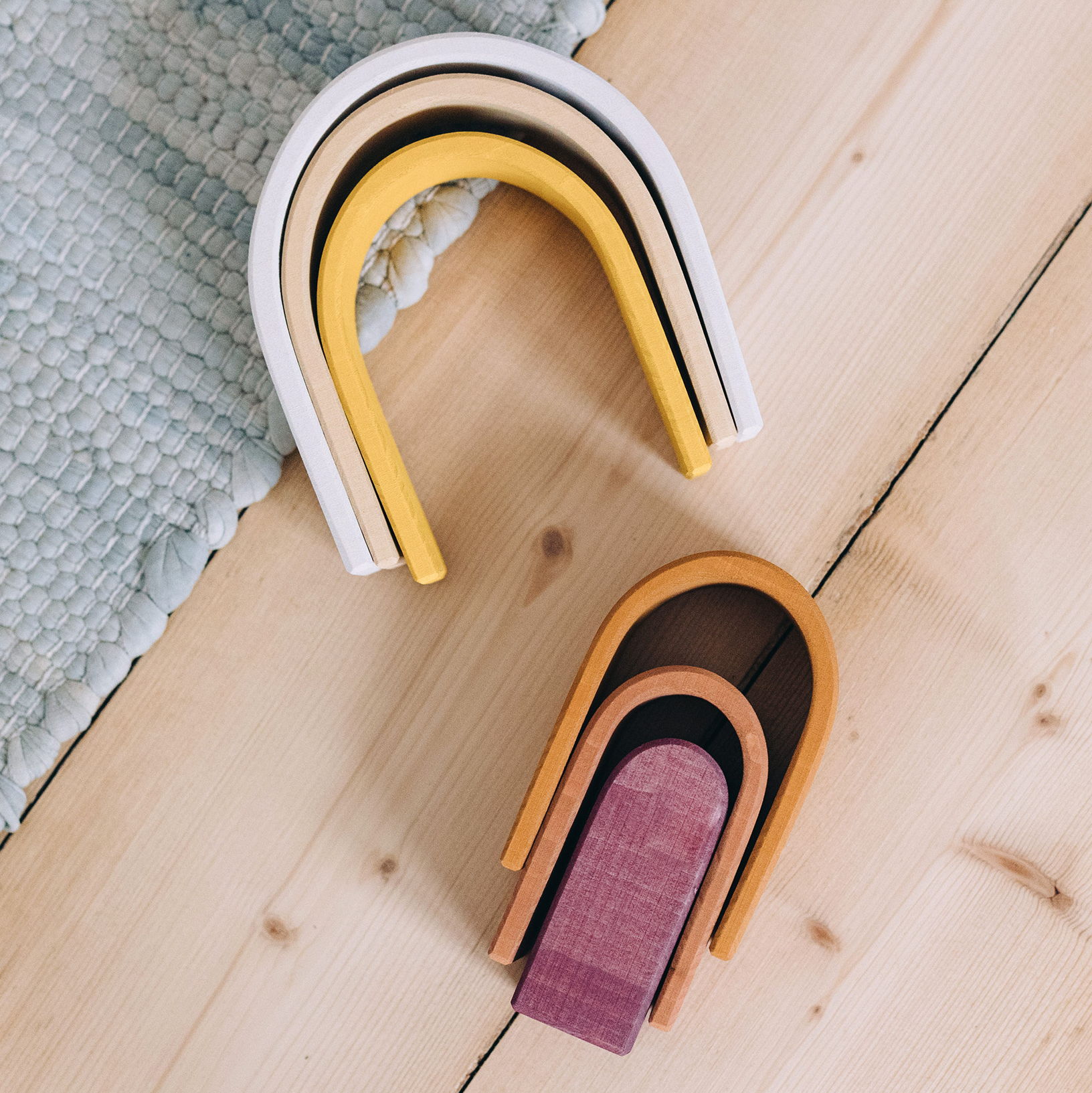Have you come across this thing called "compliance" or "product safety"? You're probably asking yourself:
Is this legitimate?
Do I have to do this?
Is this going to cost me a lot?
What if I just don't do all of this?
First, what is this "compliance" thing anyway? Since you are here, you probably hear the word 'compliance' around quite a bit. Compliance is simply following the rules, but that's not what you're asking.
The compliance we are talking about is for product safety and that means, yes, there are rules for the products you make, no matter how big or small of a business you are.
Here, I have a deeper focus on children's products for two reasons:
- Most of the makers I work with make children's products.
- Children's products, in general, have the most regulations.




Ok, so what *are* the rules we are following?
Under the regulations of the CPSC (Consumer Product Safety Commission) & CPSIA (Consumer Product Safety Improvement Act), nearly all children's products must be tested for various elements to ensure the safety of our children. The elements of importance include:
- lead content,
- flammability,
- phthalates, and
- other heavy elements
Now, there are exemptions from testing which means the CPSC has considered many reports and other voluntary organization research and found that they consistently comply with the regulations already. That saves makers a lot of their budget.
Then there is testing for physical/mechanical things, like Small Parts (choking hazards). Small Parts testing is required for most items intended for children under 3y and cannot be skipped because it's based on the quality of the manufacturing itself. The general toy standard (ASTM F963) covers various kinds of toys up to age 12y and focuses on the design and quality of a product.
So...is this legitimate? Yes, this is a legitimate thing and the majority of our regulations in the US comes from the Consumer Product Safety Commission (CPSC). Their job is to make sure products do not pose unnecessary harm. You can find them at CPSC.gov.

Next, do I have to do this? Yes, everyone, including makers of any size, consignment sellers, and resellers, has a responsibility to create and sell safe products. Now, I know you don't intend to make something unsafe, nor do you ever want to accidentally create something unsafe, but that's why these base rules exist. We come up with these great ideas, but sometimes, while great in theory, in execution, they are less...great.
That being said, you may not have as many regulations to follow, or any regulations to follow, but that doesn't mean you are 'off the hook' for safety. It just means there is nothing specifically required at this time to prove. If you are making something that is clothing, you have regulations to follow. If you have something that is for children, you for sure have regulations to follow.
Is this going to cost me a lot? Well, no, but it could. Clothing, for example, doesn't typically cost anything other than labels. Toys may have some testing, but it depends on the size of your business and the materials & design of the toy itself. When I say it depends on the size of your business, I'm talking about the ability to register with the CPSC to have some relief from testing everything at a lab on your own, that is, you can use supplier statements of components already being tested and some toy tests can be done at home! See, it isn't all terrible!

Now, the last question. "What if I just don't do all of this?" You probably are thinking it, and please don't feel bad! It's a common question, believe it or not! It's not so much that people are wanting to get out of protecting children, it's more that they are overwhelmed and want to make sure they aren't missing some unnecessary steps if any (there aren't any, sorry!).
If you don't follow all the regulations for your product, you put yourself, your business, your family, and others at risk. In 2008, the CPSC passed the Consumer Product Safety Improvement Act (CPSIA) because of the high amount of toys with small parts and leaded paint. Since 2008, the recalls on toys has drastically decreased (in fact, in September 2020 there were NO children's product recalls at all!). These regulations work.
If you are reported to the CPSC by a consumer of your product (or even a competitor!), you will be questioned to see what the issue is and how it needs to be fixed. If the CPSC catches wind that you knew about compliance and chose to ignore it, they will be more apt to put you on the violations list and/or fine you for your violation.
Recalls are EXPENSIVE. You have to remedy the issue by getting back all of the affected product and either remaking, fixing, or refunding. So you lose out on the product, the materials, the money to pay them back, your time, etc. It adds up quick.
Following the regulations means you know a LOT more about your product. Makers have said that, because of the regulations, they are more in tune with their spending and where they purchase components from. They know more about their spending habits and how long those components actually last (do you have a fabric that's been sitting and waiting to be used for a year or two??).
Makers have also said that their conversions are increasing when they have "Meets CPSC Safety Requirements" on their pages! I've even noticed an increase in the last few years of shoppers specifically asking for people to share compliant shops, asking shop owners if they are compliant, and using 'compliant' and 'cpsc' in their search keywords.
I'm here to give you the information to help you build your passion with peace of mind that you are doing the right things to protect yourself, your business, your family, and your customer's families.
Links to Agency Resources
- Federal Trade Commission: What requires labeling of fiber content?, Clothing care information
- Customers & Border Protection: Country of origin markings
- Consumer Product Safety Commission: Small Business Assistance
More Assistance
If this was a lot, don't worry, it is and I understand that! That's why I have created a $5 course that walks you through the basic process, step-by-step.
Join my free Facebook group, US Product Safety Compliance.
The Makers Community memberships.
Free Checklist.
Free basic product safety course.